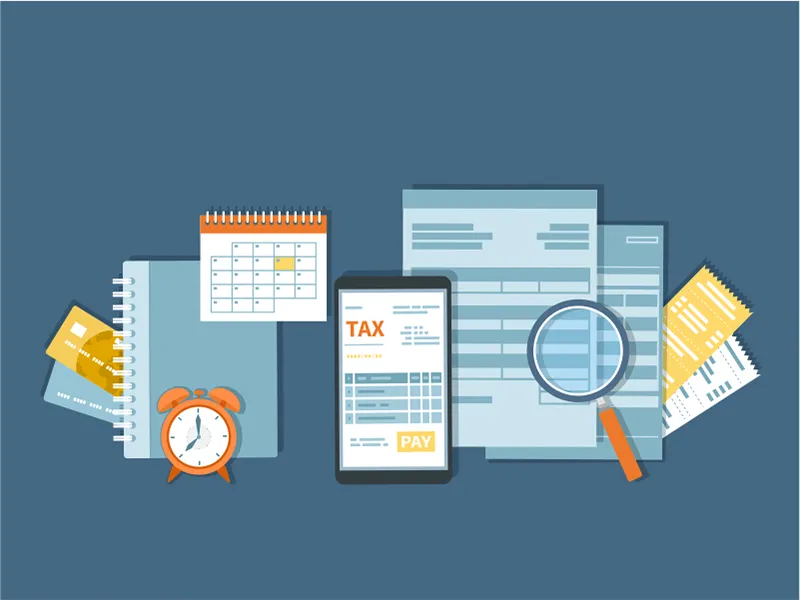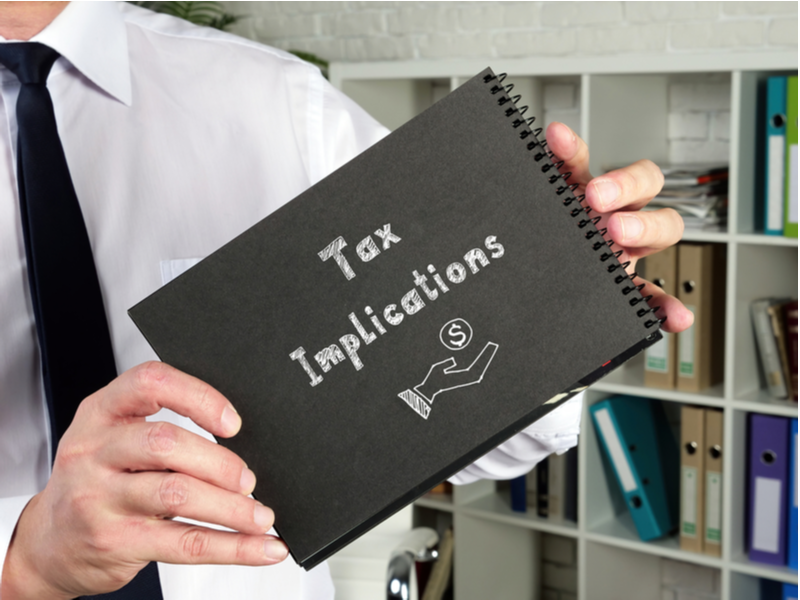
While filing a tax return, the prime focus of any investor is to reduce the tax liability. Section 80C of the Income Tax Act can be used broadly to avail a tax deduction of up to Rs.1,50,000. Apart from this, there are several other options available to investors to not only make investments but also save tax along the way.
One such option is having medical insurance. This will not only help the investor in case of any medical emergency but also help in saving significant tax in the form of tax deduction from his/her gross total income.
Let us understand the various details of this section to avail of maximum tax benefits.
Meaning of Section 80D
80D deduction is available to individuals and HUFs. This deduction can be claimed for getting a health insurance plan for self as well as family members. The definition of family members for the purpose of this section is spouse, dependent children as well as parents. This deduction can be claimed over and above the limit specified in Section 80C of the Income Tax Act
Eligibility for Tax Benefits under 80D
Let’s learn about tax exemption under 80d Section. 80D of the Income Tax Act provides tax benefits on health insurance premiums. Individuals below 60 years can claim up to Rs. 25,000 for themselves, spouse, and dependent children, and an additional Rs. 25,000 for parents. The limit increases to Rs. 50,000 for individuals and parents above 60 years. The policy must be registered with IRDAI, and payments must be made through non-cash modes.
Maximum deductions under Section 80D
Deduction under this section is available for premium paid towards the health insurance of taxpayers and their eligible family members. Another important point to note is that the deduction available is separate for self, family, and children and for his/her parents. The limit of the deduction depends on the age of the taxpayer and his/her parents. The details of tax deduction available under Section 80D are tabled below.
| Category of eligible persons for tax deduction under section 80D | Premium paid for self, family, and children | Premium paid for parents | Eligible deduction under section 80D |
| Taxpayer and parents below the age of 60 years | Rs. 25,000 | Rs.25,000 | Rs. 50,000 |
| Taxpayer and family below the age of 60 years but parents above 60 years | Rs. 25,000 | Rs. 50,000 | Rs.75,000 |
| Taxpayer, family, and parents above the age of 60 years | Rs. 50,000 | Rs. 50,000 | Rs.1,00,000 |
| Members of HUF and Non-resident individuals | Rs. 25,000 | Rs.25,000 | Rs. 25,000 |
What is a Mediclaim insurance plan?
Medical insurance and health insurance are often considered to be the same insurance plans. However, there are certain basic differences between the two.
Mediclaim insurance provides for only hospitalization cover for certain specific diseases and specified amounts. In order to claim mediclaim, hospitalization is essential.
Health insurance, on the other hand, can cover the added expenses like preventive health checkups, ambulance expenses, pre-hospitalization, and post-hospitalization expenses.
Preventive health checkup to be included under Section 80D
In order to encourage awareness related to periodic health checkups to identify and prevent or cure any serious illness well in advance, the Government of India has given the benefit of a tax deduction on preventive health checkups. Taxpayers can get the benefit of such a deduction of up to Rs.5,000. However, this deduction is to be considered within the specified limit of Rs 25,000 or Rs.50,000 as the case may be. Taxpayers can avail of this deduction even if payment for the same is made in cash.
The budget of FY 2018 has introduced the benefit of deduction under section 80D in the case of health insurance policies for which premium is paid in a lump sum amount. Eligible premium in such cases can be towards any new policy or keeping an existing policy in force for self, family, children, or parents.
The amount of deduction that can be available to the taxpayers, in this case, will be equal to the fraction of the total premium amount. This fraction is derived by dividing the total premium paid by the number of years that the policy will be in effect.
What are the documents needed for claiming deduction under Section 80D?
Income Tax Act has not specified any documents that have to be submitted for claiming deduction under section 80D. However, it is prudent to keep receipts or records of payments made towards preventive health checkups or for premiums paid towards new health insurance, or keeping an existing policy in force. Taxpayers should ensure that such receipts are in the name of the policyholders.
Exclusions from Section 80D
There are certain points that have to be considered by the taxpayer while claiming a deduction under section 80D. These pointers are mentioned below.
- The payment for preventive health checkups can be in cash for availing deduction under this section. However, any other payment i.e., towards policy premium had to be made in any mode other than cash.
- The contribution is eligible for deduction only if it is made towards a health insurance policy specified by the Central Government and approved by IRDAI.
- A health insurance premium paid for any other family member is not eligible for deduction under this section
- If the premium is paid on behalf of working children such payment will not be eligible for deduction.
- In case the taxpayer has Group Health Insurance provided by the employer, the premium towards such policy is not eligible for deduction under this section.
- If the premium is paid by the taxpayer and his/her parents, the deduction can be claimed on a proportionate basis to the extent of the premium paid.
Things to consider when availing Tax Deductions Under Section 80D
When availing tax deductions under Section 80D, consider these key points to ensure you maximize your benefits and comply with tax regulations:
- Health Insurance Coverage: Ensure you have a valid health insurance policy for yourself, family, or parents.
- Premium Payment Records: Keep records of premium payments, including payment mode and amount, for tax documentation.
- Maximum Deduction Limits: Familiarize yourself with the deduction limits, as they vary based on the insured individuals (self, family, or senior citizens).
- Tax Filing: Accurately claim these deductions while filing your income tax return.
- Consultation: Seek advice from a tax expert or use tax-filing software for proper deduction claims and compliance with Section 80D.
FAQs on Section 80D deductions
1. What is the eligible deduction available to HUFs if an insured member is over 60 years?
The maximum deduction available to HUFs in case an insured member is over 60 years is Rs.50,000.
2. What is the maximum deduction available under this section?
The maximum deduction available under this section is Rs.1,00,000. This will be when both the individual and the parents are above 60 years of age.
3. Is deduction under this section separate from deduction under section 80C?
Yes. Deduction under this section is separate from deduction under section 80C and is available over and above the limit of Rs 150,000 that can be availed under section 80C.


























